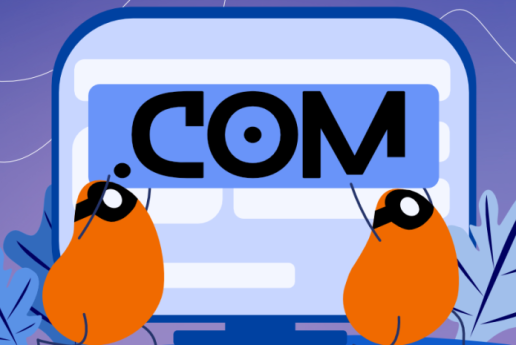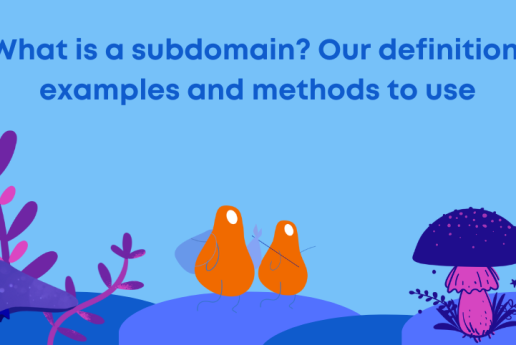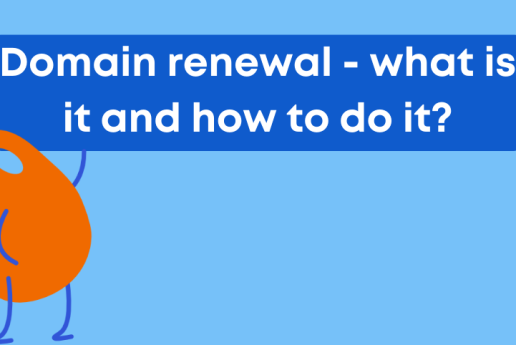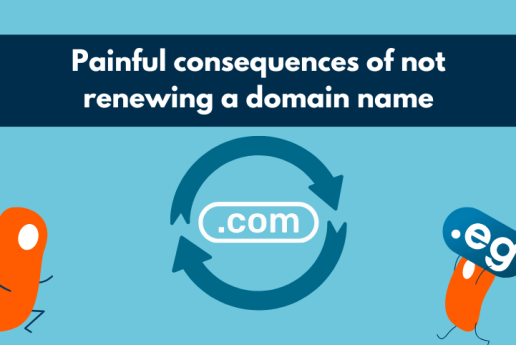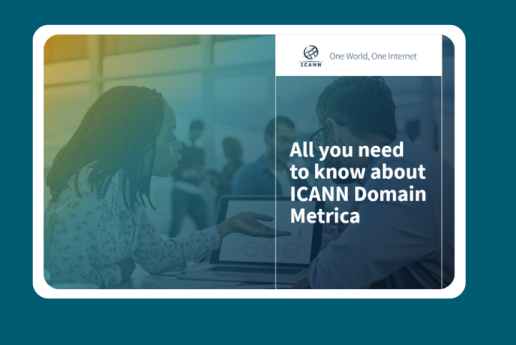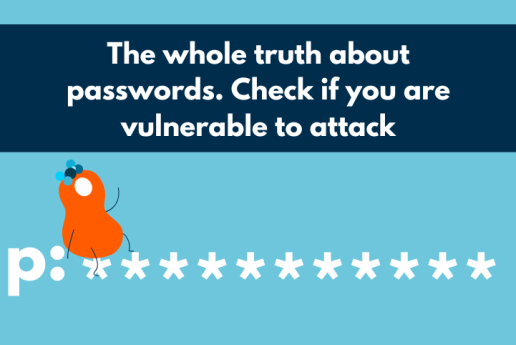The whole truth about passwords. Check if you are vulnerable to attack
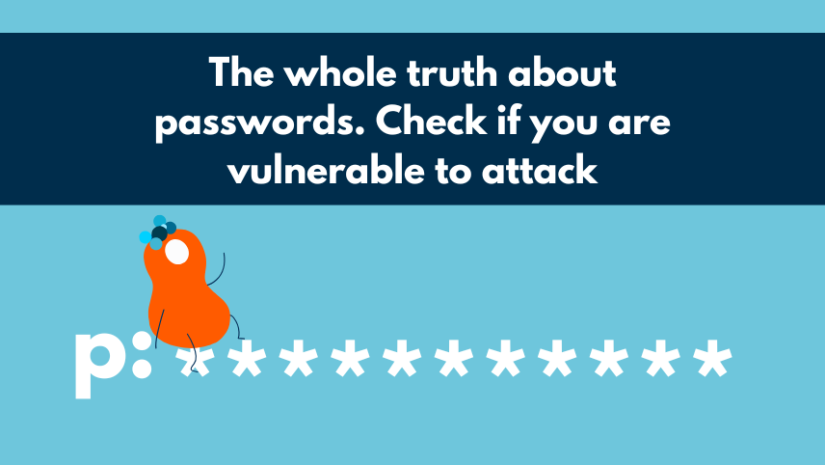
Our passwords are the gateway to our online lives – protecting our personal data, finances, and privacy. Unfortunately, we increasingly become easy targets for cybercriminals who continuously search for vulnerabilities in our digital defenses. A single weak point, one repeated phrase, can open the door for thieves to access all of our accounts, savings, and identity.
We'll show how small oversights in password management can lead to serious consequences – from identity theft to financial losses. You'll learn how to protect your data, create strong, unique passwords, and effectively secure your accounts against unauthorized access.
The time to act is now – before it's too late.
Unique service password - why is it important?
Using the same password on different services on the Internet poses the risk that your password, along with your e-mail address, will be found on databases available illegally on the network. Criminals can use this to log into your e-mail account and other Web services you use.
There are hundreds of articles on the Web describing cases of leaked login credentials. One example from 2023, described by CERT Poland (the team for responding to network security incidents), is a leak that involved more than a million unique records with user logins and passwords, stolen by information stealer malware.
Consequences of exposing login data
Security breaches can result in the following real consequences for companies:
- Financial losses - The direct costs of a security breach include expenses associated with incident detection and response, legal fees and regulatory fines. Indirect costs can include reduced revenue due to lost customers, reputational damage and increased insurance premiums (source: ThreatAdvice, HackerOne, APS).
- Reputational damage - Security breaches damage a company's reputation. It can result in a loss of customer confidence, which is often reflected in a decrease in sales and difficulty in acquiring new customers (source: ThreatAdvice, APS).
- Legal and regulatory consequences - non-compliance with data protection regulations can lead to significant penalties. For example, under RODO, companies can be fined up to 4% of annual global turnover or €20 million - whichever is higher (source: HackerOne).
- Operational disruption - Security breaches can cause significant operational disruption as a company tries to contain the incident, assess the damage and implement countermeasures. This can lead to lost productivity, increased downtime and project delays, further contributing to financial and reputational damage (source: ThreatAdvice, Data Center Catalog).
- Recovery costs - The process of recovering from a security breach can be both time-consuming and costly, as companies work to repair their systems, restore lost data and regain the trust of customers and stakeholders (source: ThreatAdvice).
- Increased cyber security costs - With the growing threat of cyber attacks, companies need to devote more resources and funds to strengthen their security measures. This includes increasing cyber insurance coverage, which covers expenses such as legal fees, notification costs and potential lawsuits (source: More Cybersecurity).
- Lawsuits and class actions - Data breaches can result in serious financial losses due to lawsuits and class actions brought by those whose data was breached. This can include damages for financial losses resulting from identity theft or fraud, as well as liquidated damages if it is proven that the company failed to take adequate measures to protect customer data (source: More Cybersecurity).
The consequences described clearly demonstrate the importance of using strong, unique passwords and additional security measures, such as two-factor authentication (2FA), to effectively protect your data.
How to check if your login credentials have leaked on the Internet?
Check if your login information has leaked (such as the combination of your email address and phone number)! You can do it at Haveibeenpwned.com, created by Troy Hunt, a respected Microsoft security and technology expert.
If you are using the same password for different places on the web, or have confirmed that your data has been leaked on one of the data leak monitoring services, it's time to radically change your password strategy. It is imperative that you start using unique passwords for every place on the Internet.
How do you create and store secure passwords?
Above all, take passwords very seriously. Data from password leaks computed by NASK's CERT Polska, show that among the 50 most popular are very simple phrases such as “123456” or “qwerty.” The institute recommends that you use multiple distinct and strong passwords.
How do you remember multiple passwords? According to CERT Polska's recommendation, you should use password management software, which are popularly known as password managers. Use strong passwords that do not contain common phrases and characters that are next to each other on the keyboard and consist of a minimum of 12 characters.
When using a password manager program, you only need to remember one complex password for the password manager program, and the other random and long passwords, the program itself will take care of.
Looking for a way to come up with passwords? For example, think of a sentence (a story, an association) and type the first letters of the words the sentence consists of and add numbers or special characters.
Passwords in the browser
To manage passwords in the Google Chrome browser, you can use Google Password Manager.
It is definitely not recommended to save passwords in the browser using simple mechanisms built into web browsers. These can be vulnerable to hacking and malware attacks. In addition, if someone gains access to your device, they can easily view the saved passwords and gain access to your accounts.
Creating strong and unique passwords is supported by free and commercial solutions, of which there are many on the market. Be sure to use tools that are proven and recommended by experts.
Among the free solutions worth mentioning are: Keepassxc.org, Keepass.info, Bitwarden.com, Pwsafe.org.
If your passwords to services on the Internet do not meet the condition of uniqueness (individual password for each website where you log in) and complexity, it is necessary to start the process of changing passwords on these services. It may not be a job to do all at once. However, it is worth making a systematic effort, changing passwords at your various web sites, to significantly improve your digital security.
If the owner of the website supports two-factor authentication ( 2FA or multi-factor authentication), set up an additional security measure that will require, in addition to the password, a code generated using an application on a mobile device, such as Google Authenticator.
Process for changing passwords
If your process of changing passwords on the web will also include our services, so that you have unique and strong passwords, we suggest how to modify login credentials.
How to change your password in Let’s Domains?
The easiest way to update your password in Domeny.tv is in two ways:
- Log in to your account, expand the menu next to your account name, click “Change password” and enter a new password.
- Reset and generate a new password.
Change passwords for your other sites
Don't forget passwords for your websites and e-commerce services, e.g. WordPress, Magento, PrestaShop.
Use two-factor authentication (2FA)
Two-factor authentication (2FA) is an additional layer of security that requires a second element in addition to the traditional password, such as a code generated by a smartphone app or sent via SMS. With 2FA, even if someone learns your password, they won't be able to log into your account without access to the second element of authentication.
It's worth using 2FA because it greatly increases the security of your account. Even if your password is leaked, without the second component, logging in becomes impossible. This is one of the most effective methods to protect against unauthorized access and malicious attacks.
We encourage you to enable two-factor authentication now for complete security and peace of mind when using our services.
Use strong and unique passwords
Use strong and unique passwords and use two-factor authentication (2FA) to increase the security of your accounts. Change your passwords now if you use the same password on different services. Remember that even the best-secured sites can fall victim to cyber attacks, so it's important to take extra precautions. Take care of your login credentials, use password managers to avoid using the same credentials on different services.
FAQ – password security
1. Why shouldn’t I use the same password for multiple accounts?
If one account is breached, cybercriminals can use the same credentials to access your other services.
2. How long should a strong password be?
At least 12 characters, mixing letters, numbers, and special symbols.
3. Are browser password managers safe?
Not fully. They can be exposed to malware or accessed by anyone with control of your device.
4. Which password managers are recommended?
Trusted options include KeePassXC, KeePass, Bitwarden, and Password Safe.
5. What is 2FA and why is it important?
Two-factor authentication requires an extra step beyond the password (e.g., a mobile app code), making it much harder for attackers to gain access.
6. How often should I change my passwords?
Whenever you suspect a breach or when reusing old ones. Otherwise, focus on uniqueness and strength, supported by a password manager.
7. Can weak passwords really cause financial losses?
Yes. Data breaches cost companies millions in recovery, legal penalties, and lost trust.
I am promoting our services, products, and software. I work closely with the development and support teams, create campaigns and content, manage social media, and translate complex technical concepts into clear communication for our customers.

